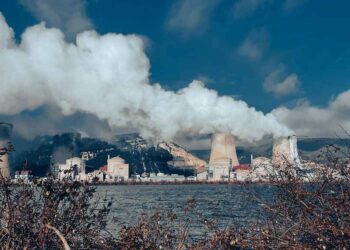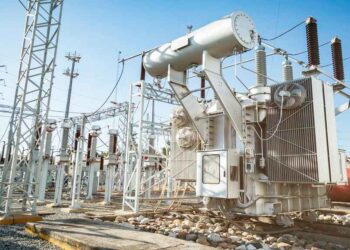The Electric Power Research Institute (EPRI) recently joined a major international project, the Global Power System Transformation Consortium (G-PST), to help remove technical hurdles to renewable energy integration. As a core G-PST technical team member, the EPRI will work closely with several energy research organizations, a U.S. Department of Energy (DOE) national laboratory, and more than 25 power system operators from around the world to address this growing challenge.
The increasing mix of renewables across global power systems requires more flexible operation than in the past. In the United States alone, renewables are expected to grow from 19% of U.S. electricity generation in 2019 to 38% by 2050 — increasing the variability facing power system operators.
The need to confront this challenge prompted the launch of the G-PST, aimed at accelerating the transition to a cleaner grid safely, reliably, and affordably. The EPRI joined G-PST to help grow the consortium, identify technology solutions, and coordinate with global stakeholders.
“Harnessing the insights of global energy leaders to better integrate renewables is a game changer for power system operators, customers, and the environment,” said EPRI Vice President of Innovation Mark McGranaghan, who will lead the institute’s G-PST engagement. “The EPRI’s longstanding, collaborative research with energy providers and grid operators around the world will be instrumental to accelerating the transition to a cleaner energy system.”
While supporting clean energy resource integration, the G-PST’s focus includes helping reduce emissions of all global pollutants by 50% or more during the next 10 years.
The consortium is led by CEOs of six of the world’s leading system operators: Australian Energy Market Operator (AEMO), National Grid ESO (United Kingdom), California Independent System Operator (CAISO), Electric Reliability Council of Texas (ERCOT), EirGrid (Ireland), and Energinet (Denmark).
In addition to the EPRI, the core technical team includes Energy Systems Integration Group (ESIG), Imperial College London, Council of Scientific and Industrial Research (CSIR), Fraunhofer Cluster of Excellence Integrated Energy Systems (CINES), National Renewable Energy Laboratory (NREL), Latin American Energy Organization (OLADE), Institute of Electrical and Electronics Engineers (IEEE), Commonwealth Scientific and Industrial Research Organisation (CSIRO), the Technical University of Denmark (DTU), and ASEAN Center for Energy (ACE).







































